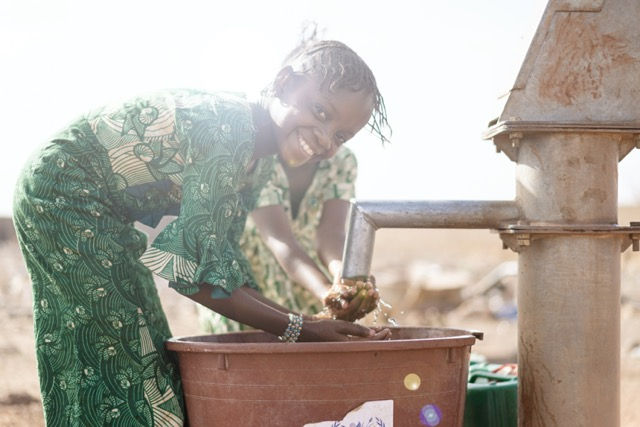Engaging communities: How UGC transforms communication for associations and NGOs
- Team Reeler
- 28 feb. 2024
- 2 min läsning

Associations and non-governmental organizations (NGOs) worldwide are constantly seeking innovative ways to engage their audiences and effectively communicate their mission. Traditional communication strategies often fall short of capturing the public's attention. That's where user-generated content (UGC) steps in, transforming how associations and NGOs connect with their communities, showcasing real stories, building trust, and driving unparalleled engagement. Let's explore the key benefits of UGC and how it reshapes communication for associations and NGOs.
1. Showcasing a broad range of experiences
Associations and NGOs are involved in a wide range of activities and initiatives across different locations. While professional photography has traditionally been used, UGC offers a relatable grassroots approach. By encouraging supporters to share their experiences and impact, associations and NGOs can effectively showcase the breadth of their work. For example, the World Wildlife Fund in India (WWF-India) invites nature enthusiasts to submit their wildlife encounters and photographs. These UGC contributions are then featured on the WWF's website and social media channels, providing a firsthand account of their conservation efforts.
2. Amplifying advocacy and engagement
UGC ignites engagement, turning supporters into advocates for the cause. By actively involving their community in content creation, associations, and NGOs foster a sense of belonging and empowerment. This engagement cultivates a network of passionate ambassadors who champion the organization and promote its mission.
3. Inspiring through personal stories
UGC captures the authenticity of real people, their stories, and their connection to the mission of associations and NGOs. By sharing personal experiences, UGC creates a genuine connection with potential supporters. For instance, the Red Cross often leverages UGC during disaster relief efforts. They encourage individuals affected by the disaster, as well as volunteers and donors, to share their stories, visuals, and messages of support using specific hashtags on social media. This UGC not only showcases the resilience of communities but also inspires others to support the ongoing relief efforts.
4. Building trust for associations and NGOs with UGC
UGC serves as a powerful form of social proof, building trust and credibility for associations and NGOs. When individuals see their peers sharing positive experiences and testimonials, it instills confidence in the organization's work. By incorporating UGC, associations and NGOs create a sense of community ownership and participation. The WWF's use of UGC highlights the commitment of nature enthusiasts and supporters to conservation efforts, fostering trust and encouraging others to join the cause.

In summary, UGC empowers associations and NGOs to communicate authentically, build trust, and foster unparalleled engagement. By embracing UGC, these organizations can showcase diverse experiences, inspire individuals through personal stories, and amplify their impact. The WWF and the American Red Cross are just two
examples of NGOs leveraging UGC effectively to connect with their communities. By encouraging their supporters to contribute UGC, associations and NGOs can create a powerful communication ecosystem that propels their mission forward and drives positive change.
Comments